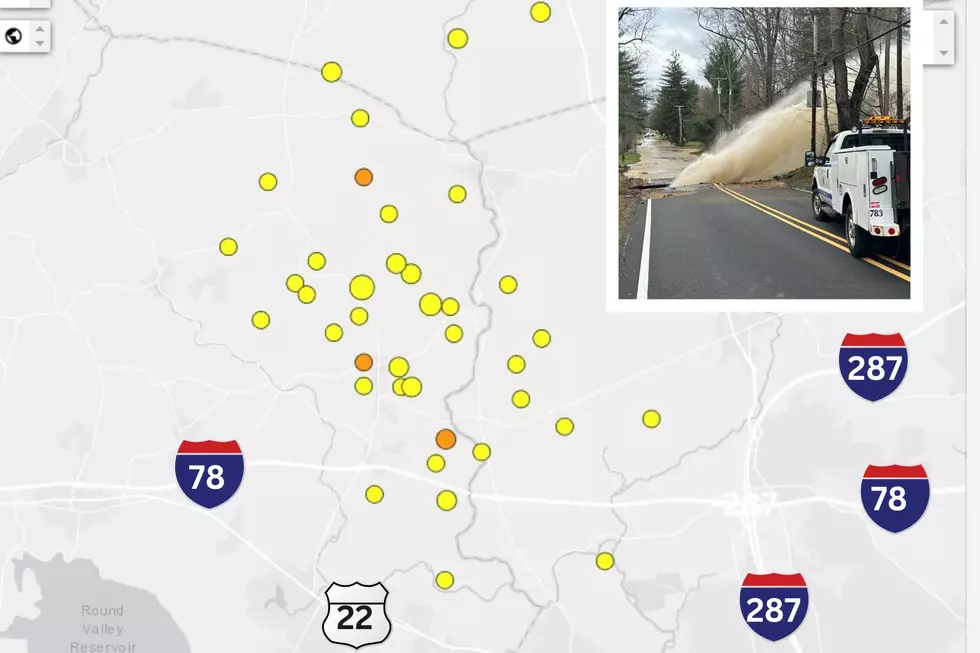
College students are going hungry in NJ — but there’s help
This is the time of year when we hear about New Jersey food banks helping those in the community who are struggling to get enough to eat — but now comes word a growing number of colleges and universities in the Garden State are opening up their own food pantries, to help their students struggling with hunger issues.
A recent survey by the National Student Campaign Against Hunger and Homelessness found 48 percent of responding students reported having food insecurity issues within a 30-day period.
The survey also found 1 in 4 students attending a community college faced difficulty getting enough to eat, and 20 percent of students in four-year institutions are facing a similar challenge.
“It is very, very prevalent,” said Neuza Maria Serra, the director of health services at Rutgers-Camden.
She pointed out the cost of attending college continues to shoot higher and higher.
“Books are expensive. They may need a car because they may need to commute or get to work, so what do they cut? Food. The result is that a lot of students are very food insecure, with some students plainly being hungry," she said.
Serra said food insecure students struggle with always having enough to eat.
“Their eating patterns tend to be very disrupted because of their inability to access adequate food. They often skip meals, for example. That’s a pretty typical one," she said.
She said the Rutgers-Camden food pantry is open three days a week. Everyone with a student ID card is able to come get supplies, and some students will get up to 5 pounds of food.
The food pantry began operations in early October and dozens of students now take advantage of it every week, but Serra said the numbers keep rising.
“We have whatever donations we can get,” she said.
“We now have milk, butter, bread, cheese, peanut butter, tuna, some fruit, juices, lots of canned items. Cereal is very popular," she said.
Serra added “we know there’s a pretty significant relationship between food insecurity and students being on financial aid, and the majority of our students are on financial aid.”
Many students are also the first ones in their families attending college, and their parents are not in a financial position to help much with expenses, she said,
She said not having adequate food supplies in college is an especially significant problem.
“It’s because your ability to learn and to focus is related to the quality of your nutrition. It’s hard to concentrate when you’re hungry. You are not going to be able to do as well as if you had enough high-quality food,” she said. “But also, how can you truly focus and concentrate when you are so stressed out about where your next meal is going to come from?”
Serra added many people might think college kids are mostly fooling around and partying but “not every student is a spoiled, rich brat.”
You can contact reporter David Matthau at David.Matthau@townsquaremedia.com.
More from New Jersey 101.5:
More From New Jersey 101.5 FM









